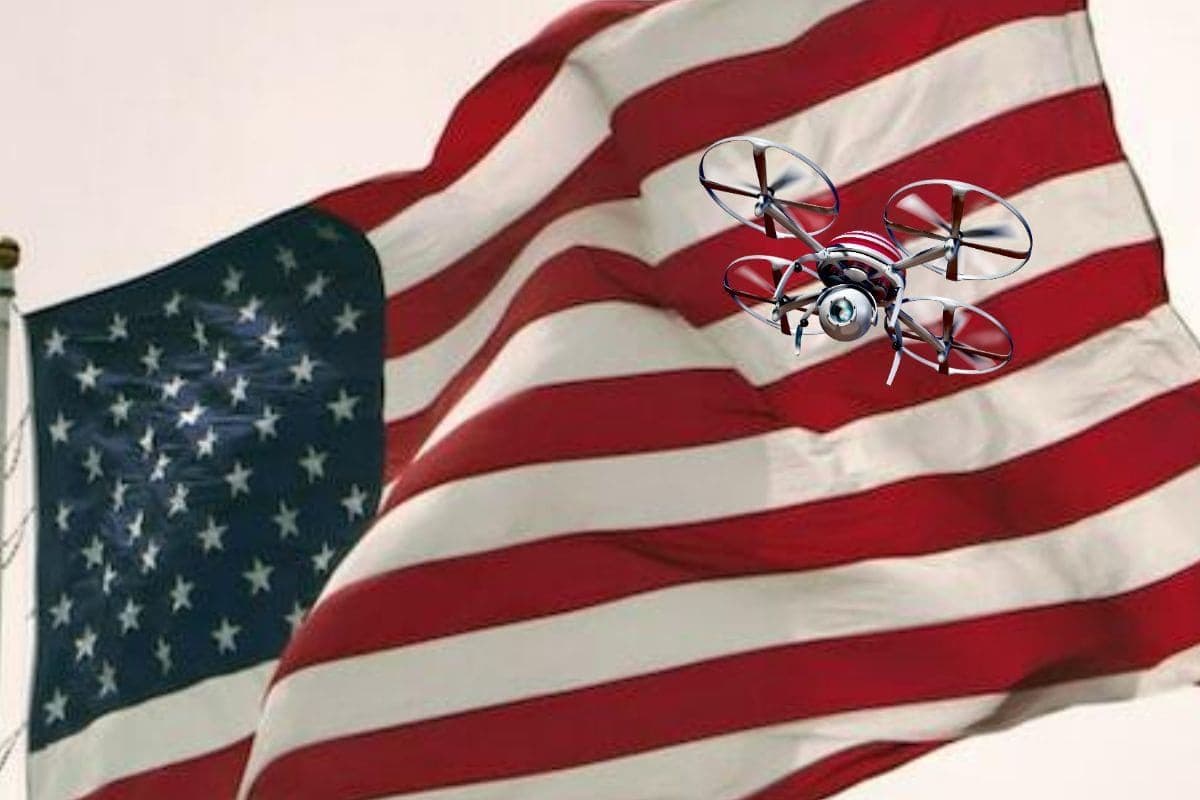
Can You Fly a Drone in the United States?
Drones, also known as Unmanned Aerial Vehicles (UAVs), have become increasingly popular over the years, with more and more people purchasing them for both recreational and professional purposes. However, with the growing number of drones in the skies, it's important to understand the regulations and restrictions surrounding drone operation in the United States. In this blog post, we'll explore the rules and guidelines for flying a drone in the US.
Federal Aviation Administration (FAA) Regulations
The Federal Aviation Administration (FAA) is responsible for regulating and overseeing the use of drones in the United States. The FAA has established rules and guidelines that drone operators must follow to ensure safety and privacy. These rules include:
Registering your drone with the FAA if it weighs more than 0.55 pounds (250 grams)
Flying your drone only in daylight and within visual line-of-sight
Flying your drone no higher than 400 feet above ground level
Avoiding flying near other aircraft or over people
Following airspace restrictions and requirements for flying near airports
Obtaining a remote pilot certificate if using your drone for commercial purposes
State and Local Regulations
In addition to the FAA regulations, drone operators must also be aware of state and local regulations. Some states and cities have their own laws regarding drone operation, including additional restrictions on flying drones in certain areas or at certain times. It's important to research and understand the regulations in your specific location before flying your drone.
National Parks and Wildlife Refuges
Flying drones in national parks and wildlife refuges is generally prohibited without special permission. The National Park Service and the U.S. Fish and Wildlife Service have their own rules and regulations regarding drone use, which can vary depending on the specific location. It's important to check with the park or refuge before flying your drone in these areas.
Privacy Concerns
Privacy is a major concern when it comes to drone operation. The FAA has established guidelines for drone operators to respect the privacy of individuals, including not using drones for surveillance or taking photos or videos in areas where individuals have a reasonable expectation of privacy. It's important to be mindful of privacy concerns and to obtain permission before flying your drone over private property.
Consequences of Breaking Regulations
Breaking drone regulations can result in serious consequences, including fines and even criminal charges. In addition to legal consequences, irresponsible drone operation can also result in injury or damage to property. It's important to follow all rules and guidelines to ensure safe and responsible drone operation.
In conclusion, flying a drone in the United States is allowed, but with regulations and guidelines to follow. The FAA has established rules for drone operation to ensure safety and privacy, and it's important for drone operators to also be aware of state and local regulations as well as national park and wildlife refuge rules. It's crucial to be responsible and respectful when operating a drone to prevent legal consequences and ensure safety for all.
Appreciate the creator